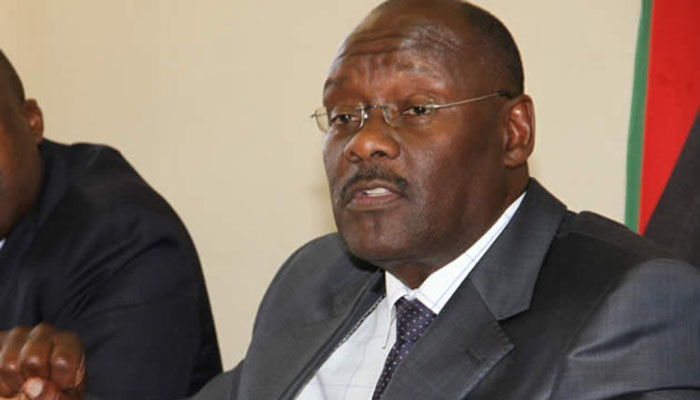
The Sunday Mail

A pint of blood in Zimbabwe will from this week go down to at least US$80 following introduction of a State subsidy to cushion patients.
The price applies to both public and private hospitals which have been charging US$100 and US$120 per pint respectively.
This will bring the price in line with regional trends and make blood transfusion more affordable.
Health and Child Care Minister Dr David Parirenyatwa told The Sunday Mail last week that authorities had engaged the National Blood Services of Zimbabwe over the matter.
He said, “The high cost of blood and blood products in Zimbabwe has, for a long time now, been a matter of concern for both Government and patients. Currently, the price of blood (packed cells) is US$100 for public sector patients and US$120 for private patients.
“These figures are clearly exorbitant and out of reach for most people, especially in this harsh environment. Our vision is to have a situation where blood is provided cost-free to the consumer in the medium to long-term.
“As a start, we have, therefore, instructed NBSZ to come up with measures through streamlining of their operations in relation to the cost drivers, for example, operational and human resources cost, to reduce the price for a unit of blood to at most US$80. This will be done without compromising standards and quality of their product.”
Dr Parirenyatwa added: “Lessons can be taken from other countries on how this can be done safely with support from Government and other partners and also through improved operational efficiency.
“We, therefore, expect to see a reduction in the price of blood to US$80 by 1st of November 2017 without fail. As Government, we are concerned by news that some patients, out of desperation, likely caused by the high price of blood, are importing blood and blood products from neighbouring Zambia.
“This is against the law. We discourage such practices as the safety of the imported blood cannot be guaranteed. We do not know from whom the blood has been collected, whether the requisite tests, including screening for such micro-organisms as HIV, syphilis has been done in a certified laboratory by a registered and recognised institution in that country.”
In South Africa, a unit costs R2 000 (roughly US$270), but the government there covers the entire sum on behalf of patients. A pint goes for US$50 to US$85 in Zambia and Malawi.
In June 2016, tje NBSZ reduced the price of blood from US$135 (public sector) and US$161 (private sector) to US$120 and US$140 respectively. The prices were further reduced to US$100 and US$120 in September of that year.



